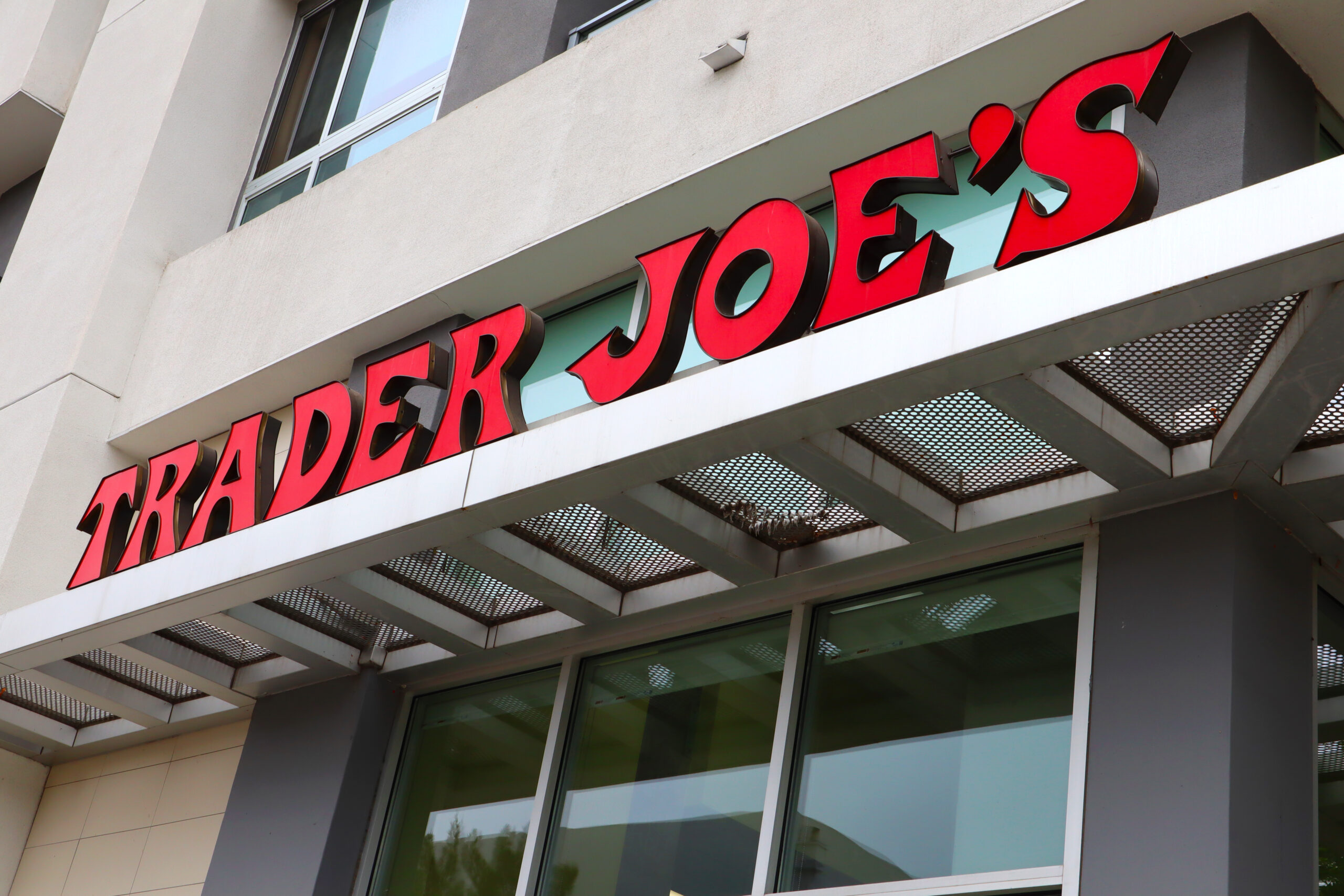Posts tagged decertification election
Will Sussman: Columbia Students Should Decertify Their Union
August 5, 2025 // Columbia students are fed up with their union’s focus on radicalism over bread-and-butter issues. “As a Jewish Israeli student at Columbia, the union has done absolutely nothing for me,” said Alon Levin, a graduate student in electrical engineering. “I have heard more blatantly racist and discriminatory language from them than anything that would remotely resemble aiding me in, say, addressing my cost of living or my health insurance concerns.” The problem with graduate student unions is not limited to Columbia, as I learned at MIT.
Michigan-Based Rieth-Riley Asphalt Worker Submits Legal Brief Urging 6th Circuit to Protect Workers’ Right to Vote Out Unpopular Union
July 28, 2025 // While Kent and his fellow employees were eventually able to exercise their right to vote on the IUOE, the NLRB in 2022 dismissed his petitions and halted the election, declining to count the already-cast ballots just hours before the vote tally, calling it a “merit-determination” dismissal. This dismissal was based on unfair labor practice allegations the IUOE filed against Rieth-Riley management in 2018. But the NLRB never held a hearing on whether those alleged practices had any connection to Kent and his coworkers’ desire to oust the union. Kent’s brief urges the Sixth Circuit to use Rieth-Riley Construction Co. as an opportunity to invalidate the NLRB’s “merit-determination” dismissal policy. The brief also asks the Court to order the NLRB to take the long-overdue step of counting the ballots in Mr. Kent’s decertification election, so he and his coworkers can properly exercise their right to vote on the union.
Starbucks Employee’s Constitutional Challenge to Labor Board Structure Fully Briefed at DC Circuit Court of Appeals
February 25, 2025 // On April 28, 2023, Cortes submitted a petition, supported by a majority of her colleagues, asking the NLRB to hold a decertification election at her Buffalo-area “Del-Chip” Starbucks store to remove Starbucks Workers United (SBWU) union officials’ bargaining powers over workers. However, NLRB Region 3 rejected Cortes’ petition, citing unfair labor practice accusations made by SBWU union officials against the Starbucks Corporation. Notably, there was no established link between these allegations and the employees’ decertification request. Similarly, Karam filed a decertification petition seeking a vote to remove the union at his Buffalo-area Starbucks store. Like Cortes’ petition, NLRB officials refuse to allow the vote to take place, citing claims made by SBWU officials. As a result the workers remain trapped under union “representation” they oppose.

Commentary: In New Record Low, Unionization Rate Falls to Single Digits in 2024
February 3, 2025 // By focusing on individual workers’ desires and on helping workers achieve long-term wage gains through increased productivity (which require allowing technology and automation that enhance productivity), unions could begin to reverse their decline. And policymakers can help prioritize workers’ rights and voices by allowing voluntary labor organizations and reducing government-imposed barriers to work.
Hundreds of Northern Ohio Workers Vote Against Teamsters Union Boss Control
December 13, 2024 // However, in both cases regional NLRB officials tossed the union objections and certified the workers’ votes. Barring an attempt by Teamsters Local 20 officials to file a Request for Review to the NLRB in Washington, DC, within the next few days, both the Omnisource and Frito-Lay employees – over 430 in total – will have cut all ties with the Teamsters unions. Because Ohio lacks Right to Work protections for its private sector workers, Teamsters officials enforced contracts that required Hinkle, Caughhorn, and their colleagues to pay union dues or fees as a condition of keeping their jobs.
Ascension St. Agnes Hospital Nurses Demand Vote to Remove NNOC/NNU Union Officials
November 19, 2024 // Requested vote would take place in unit of roughly 600 nurses; similar efforts also taking place in New York and New Jersey

Opinion: Help! We’re Trapped in a Trader Joe’s Union
October 28, 2024 // But the union hasn’t been what many of our co-workers expected. The officers basically selected themselves. They then delayed negotiations with Trader Joe’s while forfeiting our annual bonus retirement contribution. Amid growing discontent in the store, the two of us attended a bargaining session in February 2023, which the union president invited all crew members to join. We were shocked at what we saw. We thought the union would focus on things that matter, like wages and benefits. Instead, union representatives negotiated over things like “pronoun pins,” which the company already provides. They demanded that Trader Joe’s cover abortion and “gender-affirming care.” The company’s response: The health plan already covers that.
Commentary: Democracy and Labor Unions
September 18, 2024 // Unlike with politicians, there are no periodic reelections for unions. Millions of workers who have union representation have never had any chance to voice their preference for continuing with it or dropping it.
Is It Really About Employee Voices? The National Labor Relations Board Continues its Union-Friendly Trend
August 7, 2024 // The new regulations also contain a revision that will affect construction companies. Under the NLRA, an employer cannot recognize and bargain with a union lest the union has demonstrated that it represents a majority of the employees (through cards or an election, as noted above). Section 8(f) of the NLRA provides a limited exception to this rule, and it applies solely to the construction industry. Under Section 8(f), a construction industry employer can enter into a "pre-hire" agreement with a union and negotiate employment terms regardless of whether the employees support the union. Prior to 2020, the Board allowed an employer and union to convert an "8(f) agreement" into a normal collective bargaining agreement simply by stating that the union had demonstrated majority support to the employer. That language was sufficient to block a decertification petition or petition from a rival union during the so-called "contract bar" period (the term of the labor agreement, up to three years). No evidence would be examined to attack the contract language – this provision was enough.
National Right to Work Foundation Slams Biden-Harris NLRB Rule Overturning Protections on Workers’ Right to Vote in Secret on Unions
July 31, 2024 // New rule will let union officials bypass secret ballot union vote process entirely or delay decertification votes by months or years
